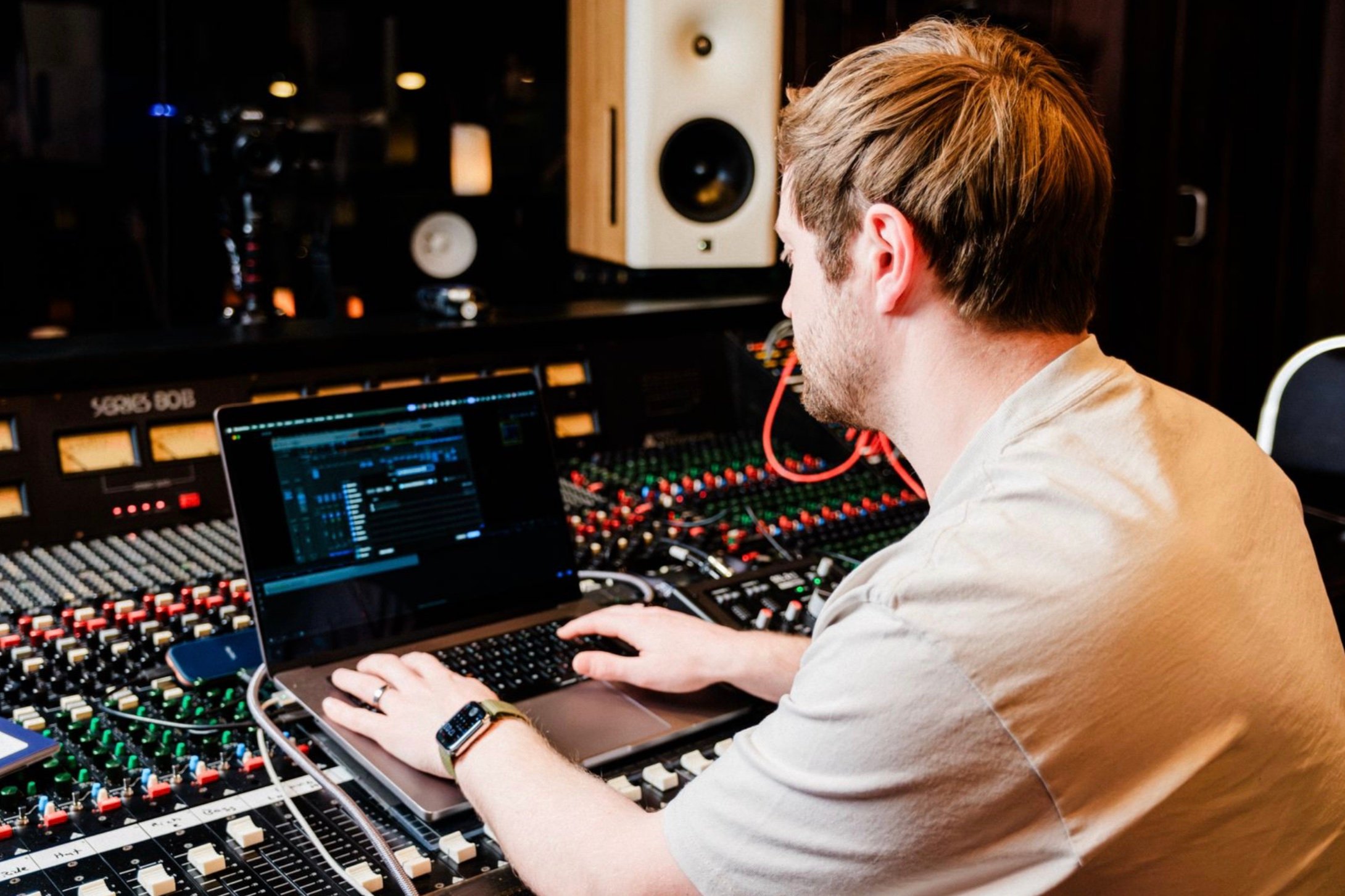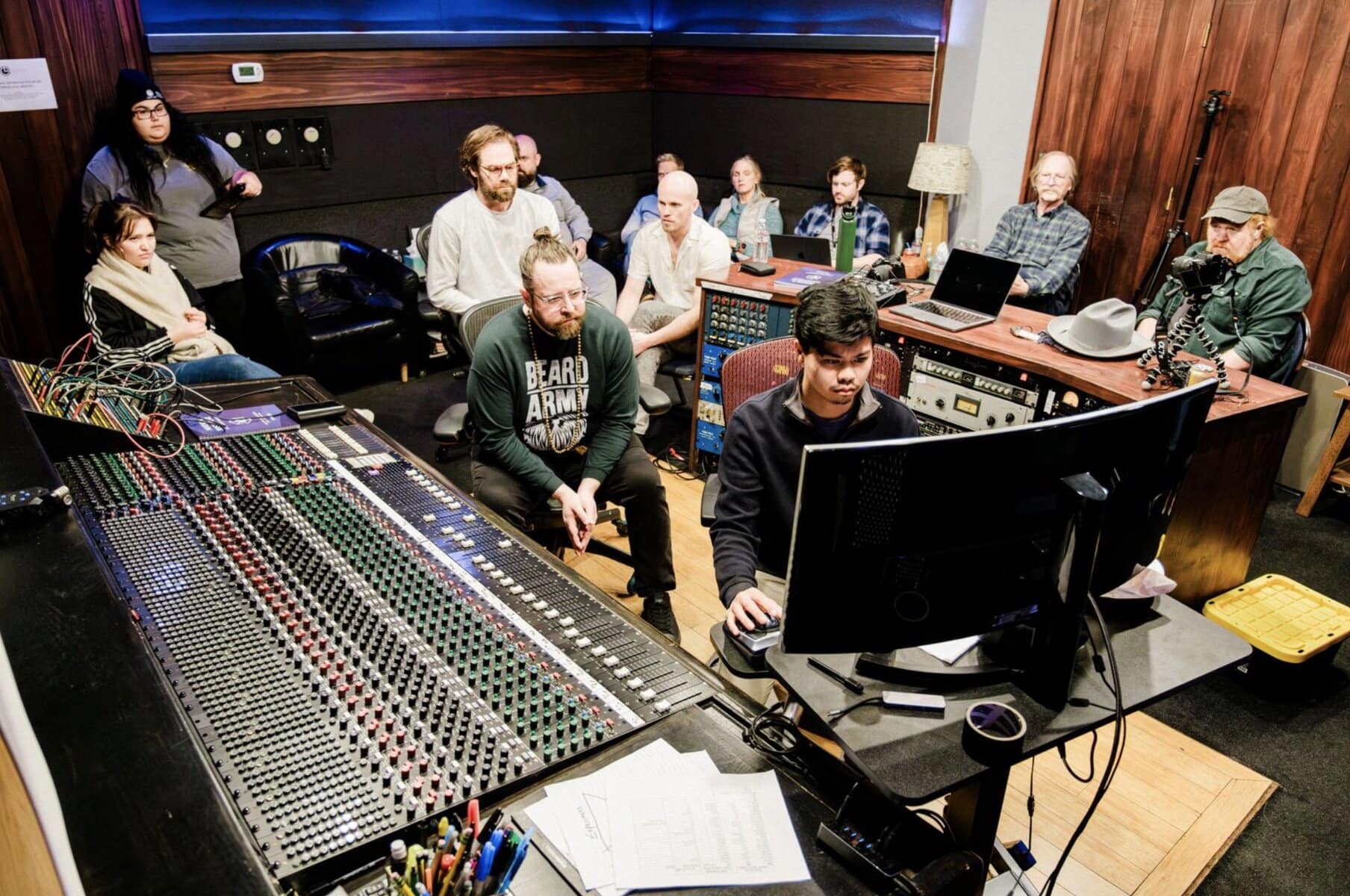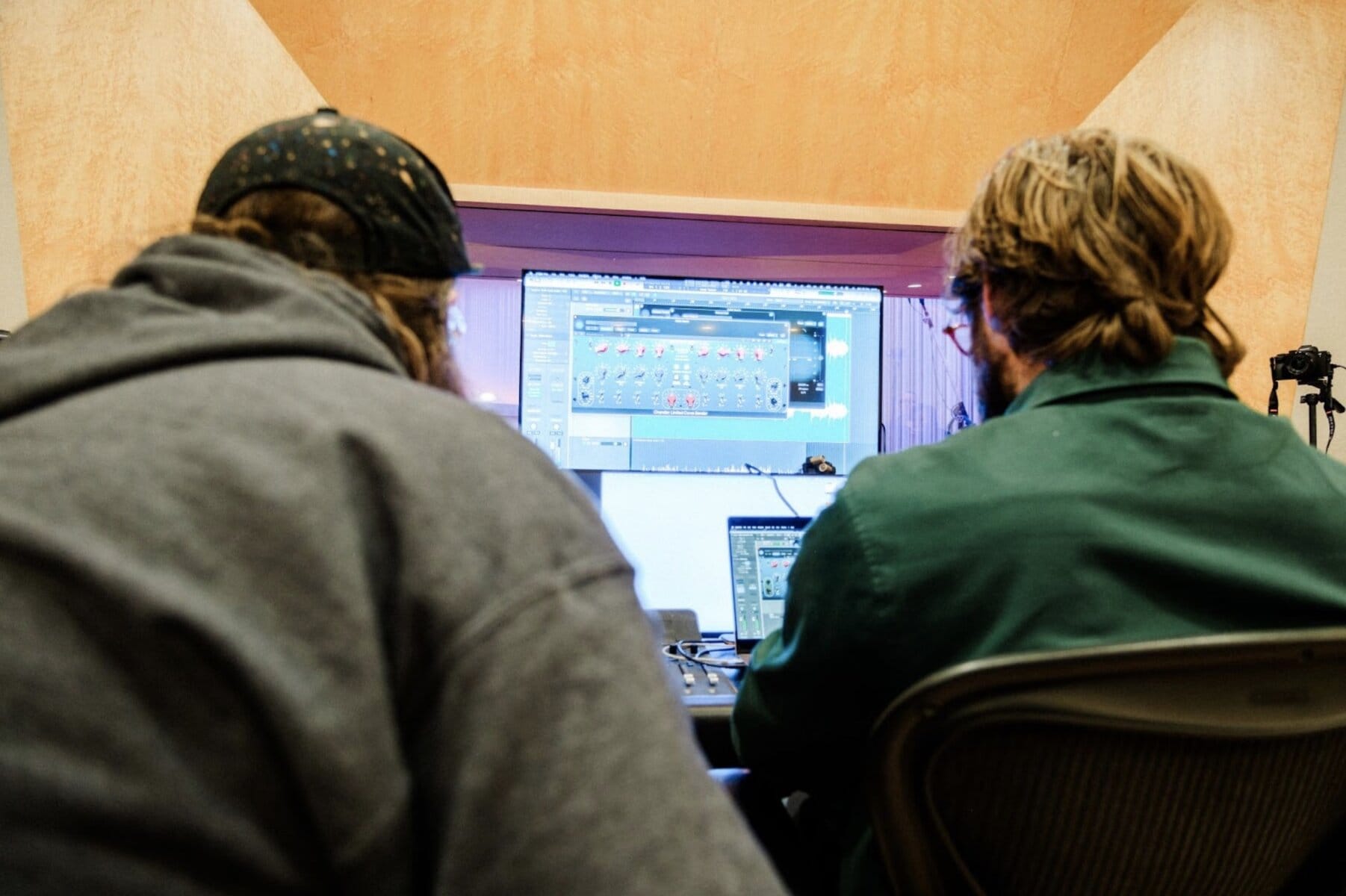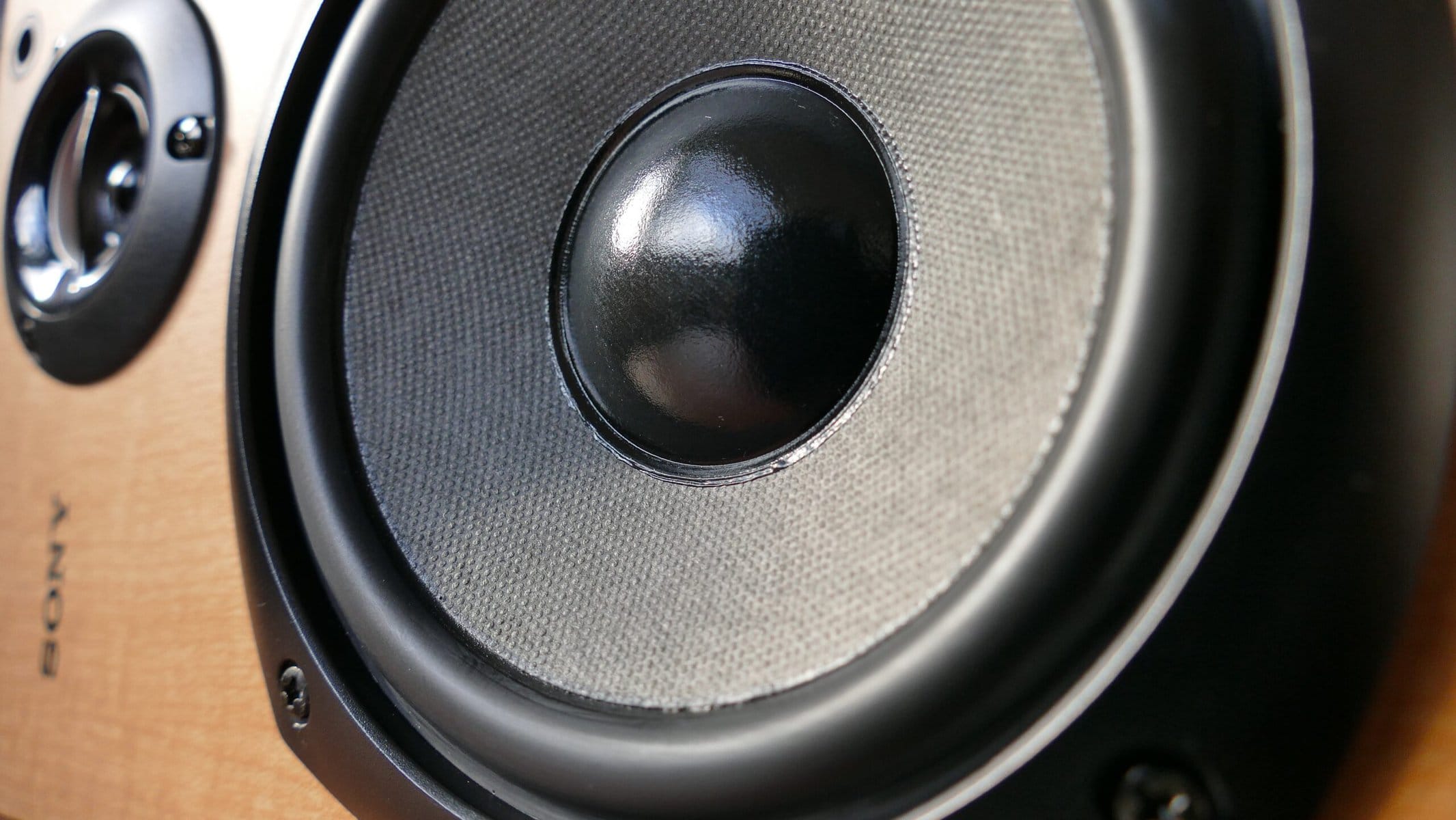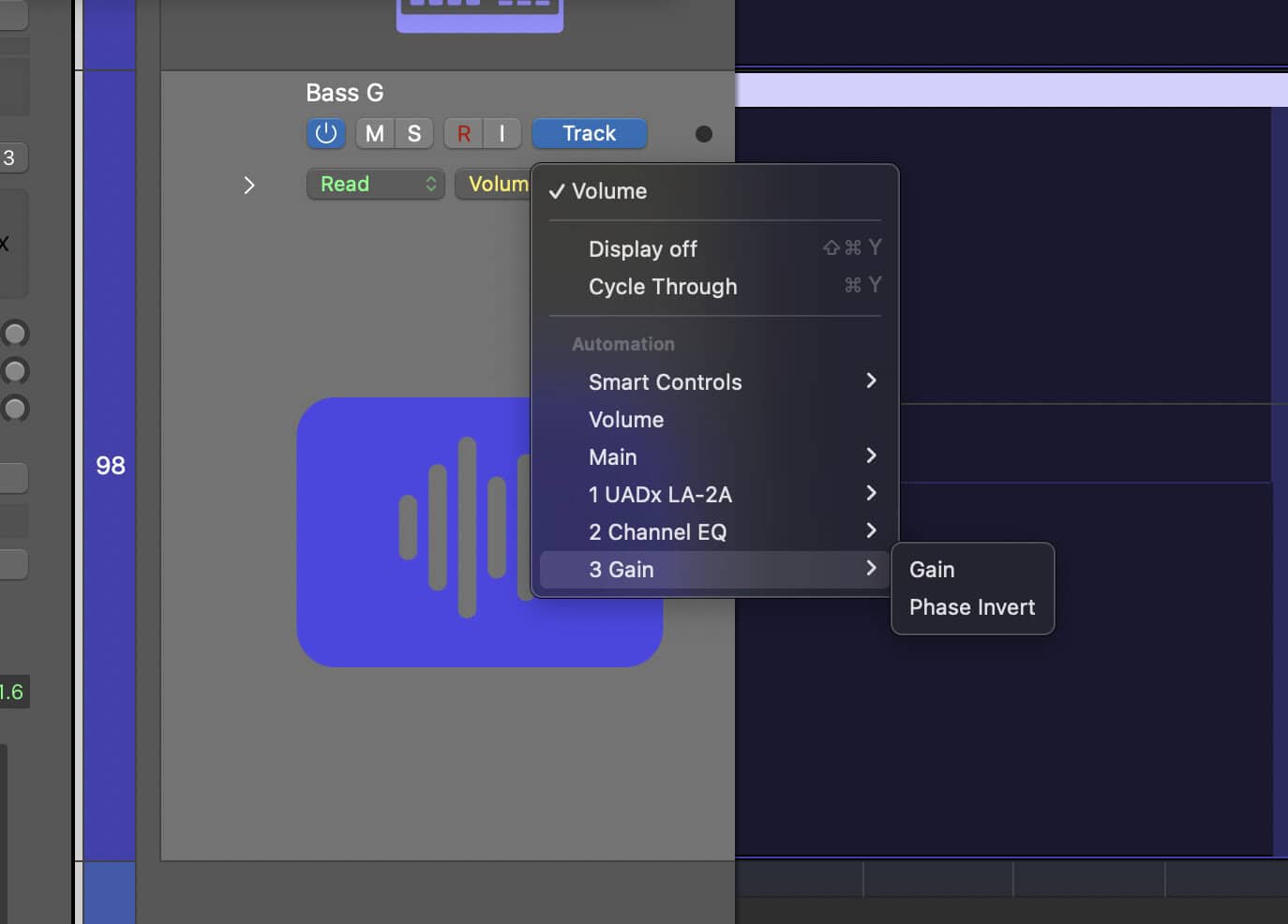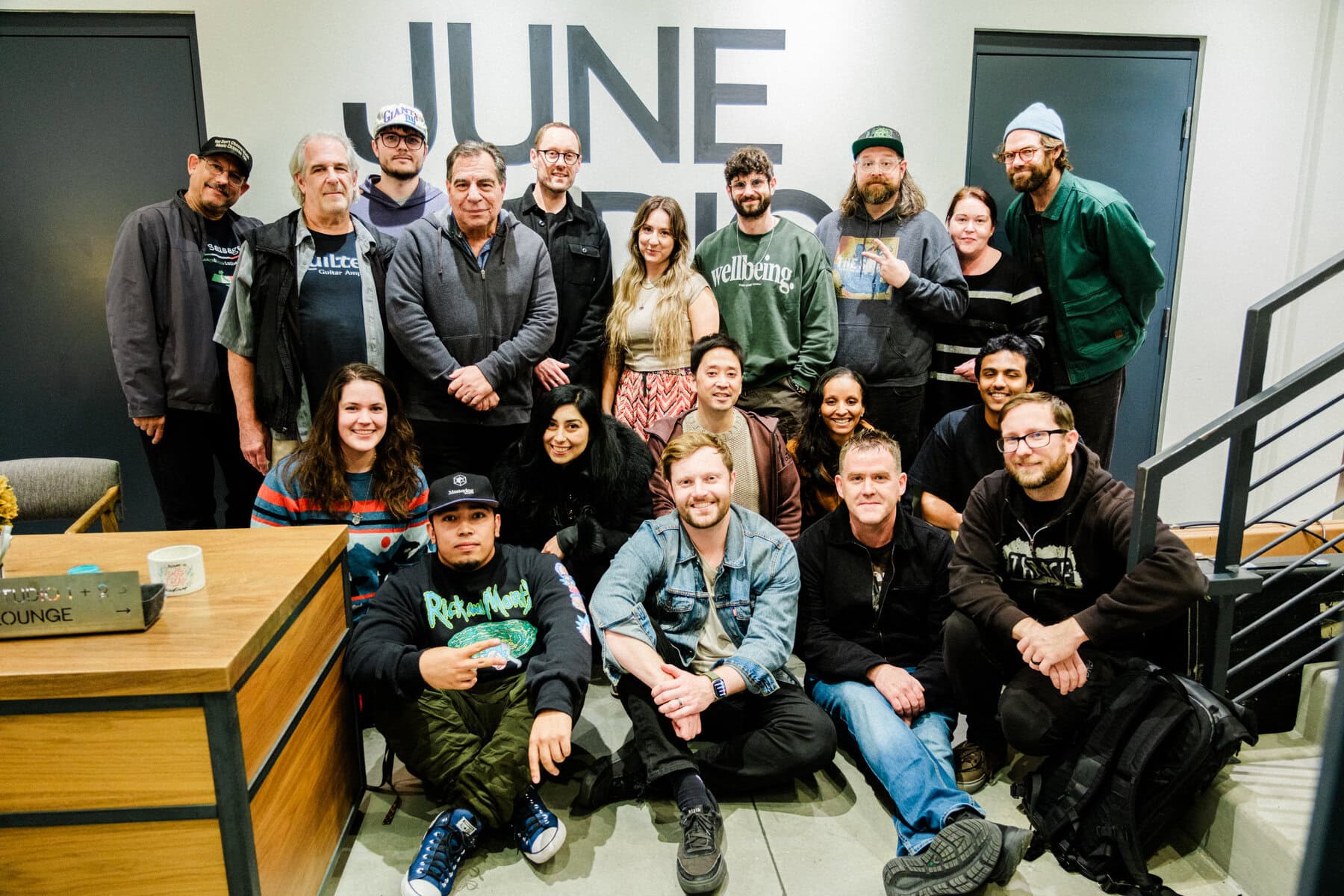Sometimes it’s hard to ask for help.
Especially as a musician. Many of us (including me) want to do it ourselves.
That’s why we’re called DIY musicians.
But if we could see the benefits of accepting help, we’d be way better off.
So I want to explore the idea of getting a music mentor.
What Does a Music Mentor Do?

Before I talk about why you need a music mentor, let’s cover the role of a music mentor.
Here’s what a good music mentor does:
- Holds you accountable for the things you say you’re going to do
- Shares lessons they’ve learned from their experience that could help you
- Gives you wise career advice
- Helps you identify and strengthen your weaknesses
If you start working with a mentor and they aren’t doing these things, get a new mentor.
If you don’t see yourself learning things or improving as a musician, you’re wasting your time.
What to Look for in a Music Mentor

Not every experienced musician will make a good mentor.
So as you search for a music mentor, here are some characteristics to look for:
- Experience: they have to have more experience than you so you can learn from them.
- Availability: this is one of the first things you’d ask when approaching a potential mentor. Do they even have the time to act as your mentor?
- Similar goals: if you’re trying to make a career as a performing musician, then a music producer may not be the best mentor. Your mentor needs to have gone through similar struggles.
- Good listener: a lot of mentoring is listening to your struggles and doubts. Without listening well, they won’t be able to give good advice.
- Respectability: you need to respect your mentor’s character, or else it will be difficult to accept advice from them.
- Trustworthy: if you tell your mentor something in confidence, you need to trust them to not share it. If you don’t trust them, find a new mentor.
- Caring: your mentor must actually want the best for you. They need to care, to feel invested in your career.
- Encouraging: a big aspect of mentorship is getting that regular encouragement. A “you can do it” can really go a long way.
- Honesty: you don’t need a yes-man. You need someone who’s honest with you. If your song sounds amateur, you want your mentor to tell you so you can make it better.
The Benefits of Working with a Music Mentor
By now, you can probably see how working with a mentor can benefit you. But let’s lay it out clearly.
Here are four ways mentorship can help you.
Accelerate Your Improvement
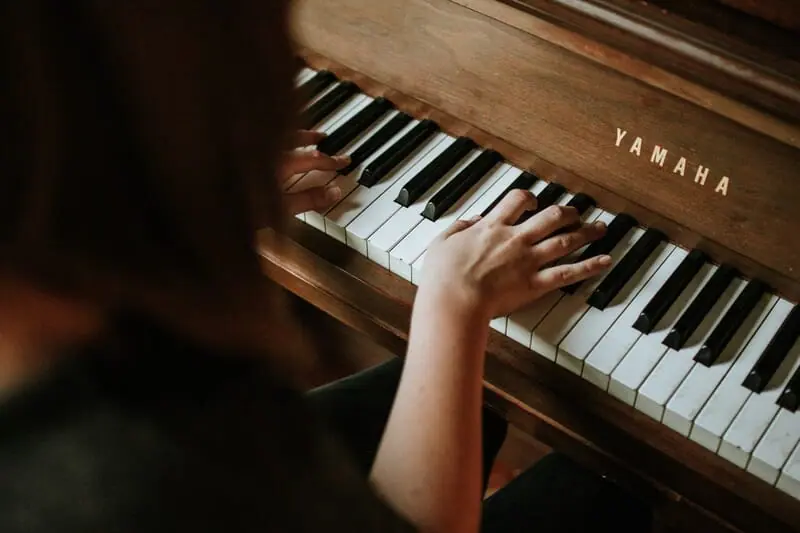
Instead of learning lessons on your own, a mentor can share with you what they’ve learned. Then you can avoid pitfalls they faced and improve much faster.
In a matter of minutes, a mentor can teach you something that could’ve taken you years to learn.
Boost Confidence
A music mentor can look at your career goals, accomplishments, and failures objectively. Then they can show you that you’re on the right track, or redirect you so you are.
And this gives you confidence as you move through your music career.
Better Networking

Say your musical abilities and overflowing drive to succeed impress your mentor. It could lead to networking opportunities.
With experience comes connections. So your mentor (if they choose to) could introduce you to people who could take your music career even further.
Just to be clear, this is more of a side benefit than a reason to get a mentor.
You don’t want to use others for your own success. It could come back to bite you.
Keep You Encouraged and Motivated
Part of the job of a good mentor is to encourage you. They should notice how hard you’re working, how far you’ve come, and how successful you could be.
Regularly finding yourself discouraged after meeting with your mentor? You either need a new mentor or you’re too hard on yourself.
How to Be a Good Mentee
It’s possible to have a great mentor but get nothing out of the mentorship.
As hard as this is to hear, it could be you. Because there are healthy and unhealthy ways to be a mentee.
Here are some ways to be a good mentee:
- Put a lot of thought into selecting a mentor. Look at it like hiring an employee and have initial conversations with your candidates, almost like you’re interviewing them.
- Be clear about the relationship. Ask them to be your mentor. See what you can offer them in return.
- Put effort into the mentorship. Take initiative and schedule the meetings. Be excited about it.
- Come to each meeting or conversation prepared. Have specific questions. Ask for feedback.
You’ll be much more likely to have a successful mentorship if you follow these tips.
How to Find a Music Mentor
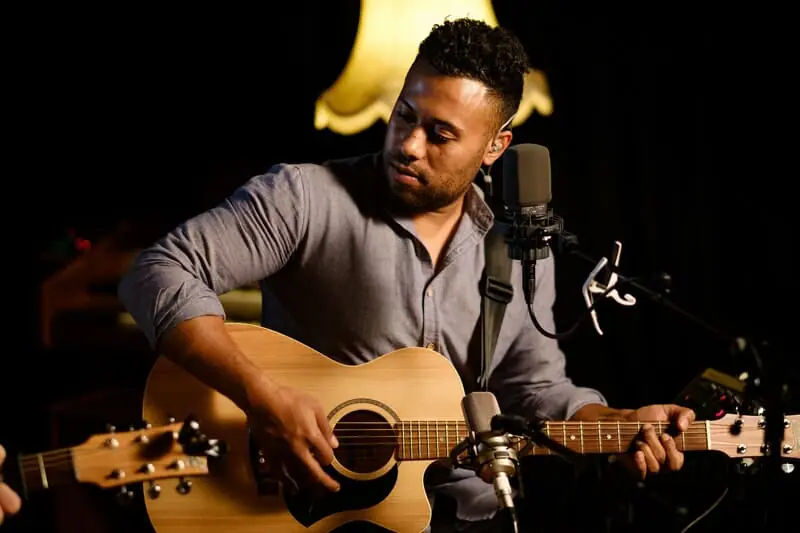
You can have mentor-like people in your life who may not realize they’re your mentors. And you may not even realize they’re your mentor either.
You might see your experienced audio engineer friend as a mentor. Or maybe a fellow musician with more experience than you feels like your mentor.
A mentor can accidentally come into your life.
But what I’m talking about in this post is intentionally finding a mentor. You can have accidental mentors, but it can be a game-changer to find a mentor who knows they’re your mentor.
If so, both of you will be more invested.
When looking for a mentor, the best place to start is with musicians you already admire.
Think of musicians who are similar to you. In genre and in the type of musician they are (e.g., performer, songwriter, producer).
You want these potential mentors to have more experience than you. (And probably a bigger following.)
But they can’t be too famous or they won’t have time for mentees (or to even read your email).
And ideally, you need some rapport with them already. You need to at least be acquaintances.
You can connect with other musicians and potential mentors in a few places. Try Facebook groups, the Meetup app, or meeting them at open mics.
Decided on which musician(s) to contact about mentorship? Try using this email template:
SUBJECT LINE: Question about mentorship
Hey, [THEIR NAME].
[YOUR NAME] here. [If needed, explain how you two are connected].
I really respect your work! [Give a specific and genuine compliment about their recent performance, musical release, or work in the music industry].
I have a proposition: I’m looking for the right music mentor for me, and I think you’d be a perfect fit. Would you be interested in being my mentor?
It wouldn’t be that time-consuming, and I really believe it could benefit both of us.
Let me know what you think!
Thanks,
[YOUR NAME]
Conclusion
Now I hope you see how asking for help from a music mentor can boost your music career.
And now you know exactly what to look for and how to find one.



